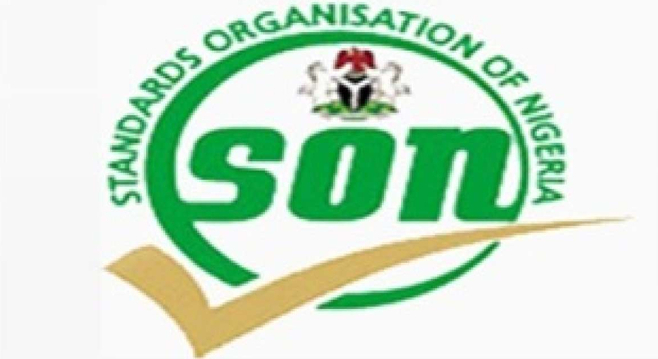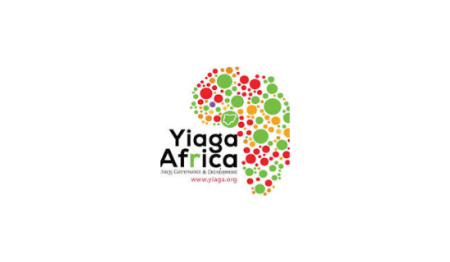The Standards Organisation of Nigeria (SON) has issued a critical advisory urging Nigerian citizens to utilize only certified Compressed Natural Gas (CNG) refueling stations in light of a recent incident involving a cylinder explosion at NIPCO’s CNG station in Benin City, Edo State. Dr. Ifeanyi Okeke, the Director-General of SON, emphasized the necessity of compliance with established safety standards to safeguard lives and property. This warning comes amid efforts to enhance the country’s energy sector as spearheaded by President Bola Tinubu, who has laid out plans for augmenting access to quality energy and driving economic growth. The tragic explosion has highlighted the significant risks associated with non-compliance, prompting SON to take a firm stance against any entities that fail to adhere to the requisite safety regulations governing the CNG sector.
Preliminary investigations into the explosion have revealed that the cylinder involved failed to meet government-approved CNG specifications. Such lapses directly contravene the Federal Government’s broader initiatives aimed at fostering economic development through an efficient transportation network for people and goods. In this context, SON has established a comprehensive framework consisting of 88 specific standards designed to regulate the CNG market effectively, attract investment, and guarantee the quality of service provided. This indicates a proactive approach by SON to not only address current lapses but also instill a culture of safety and compliance among stakeholders in the sector.
SON is adamantly committed to ensuring that all CNG equipment, including conversion kits, meets established standards before they are certified for public use. Dr. Okeke assured the populace that robust measures are in place for regulatory compliance, asserting that CNG conversion, when performed correctly, is a safe option. However, he cautioned that consumers must only frequent certified centers for their refueling needs. This stance reveals SON’s diligence in protecting consumers against potential hazards associated with rogue operators who may disregard safety principles for profit maximization.
Moreover, Dr. Okeke highlighted the critical structural differences between Liquefied Petroleum Gas (LPG) cylinders and those designed for CNG. He warned that LPG cylinders are not suitable for CNG use due to their inadequate pressure capacity and differing construction, as misuse could yield catastrophic results. This distinction underscores the necessity for consumers to pay close attention to the standards and specifications of the equipment they utilize, thereby reducing the chances of accidents resulting from equipment failure or improper usage.
In an effort to enhance safety and regulatory adherence, SON is collaborating with the Presidential Initiative on CNG to finalize the Nigerian Gas Vehicle Monitoring System. This system is anticipated to serve as a centralized platform for the oversight of CNG operations, ensuring that only vehicles fitted with certified conversion kits can access gas at retail outlets. Additionally, this initiative will provide a valuable database containing information about approved CNG equipment and suppliers, offering further assurance to consumers regarding the legitimacy and safety of the products and services they are using.
Lastly, Dr. Okeke reaffirmed SON’s unwavering commitment to the secure and regulated use of CNG within Nigeria. He urged all stakeholders—including industry participants and consumers—to prioritize safety in their operations and decisions. Additionally, SON has proactively trained personnel who are equipped to provide technical support to potential investors, fostering an environment where Nigerians obtain value for their investments in the energy sector. By adopting a comprehensive approach that combines regulatory compliance, public awareness, and technical support, SON aims to create a safer, more reliable CNG ecosystem in Nigeria, thereby enhancing public trust and facilitating the country’s ongoing energy transition.














